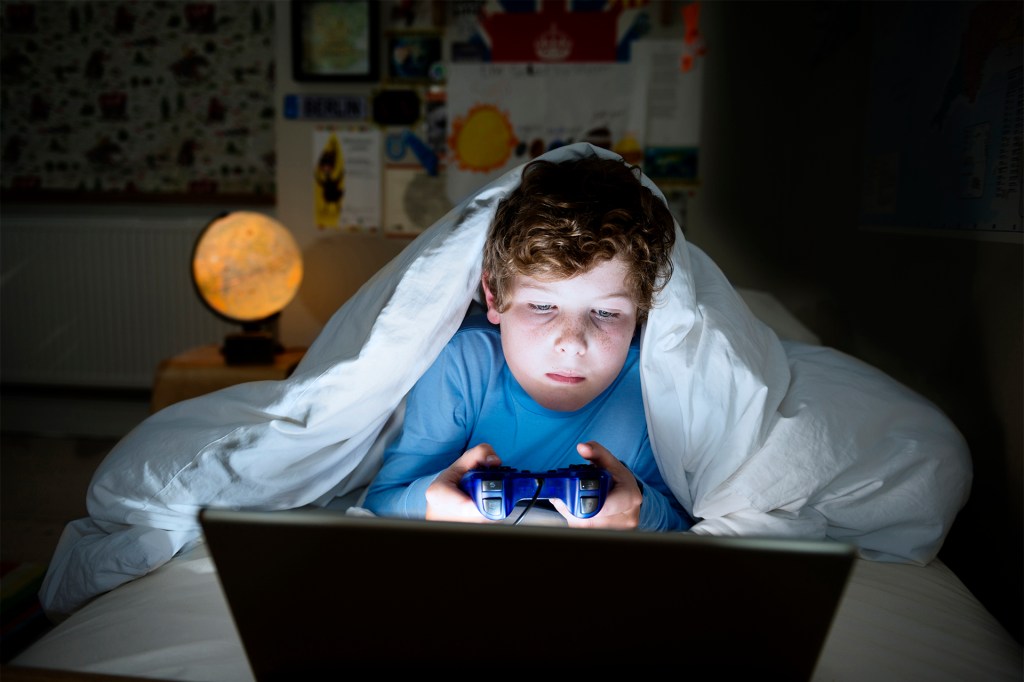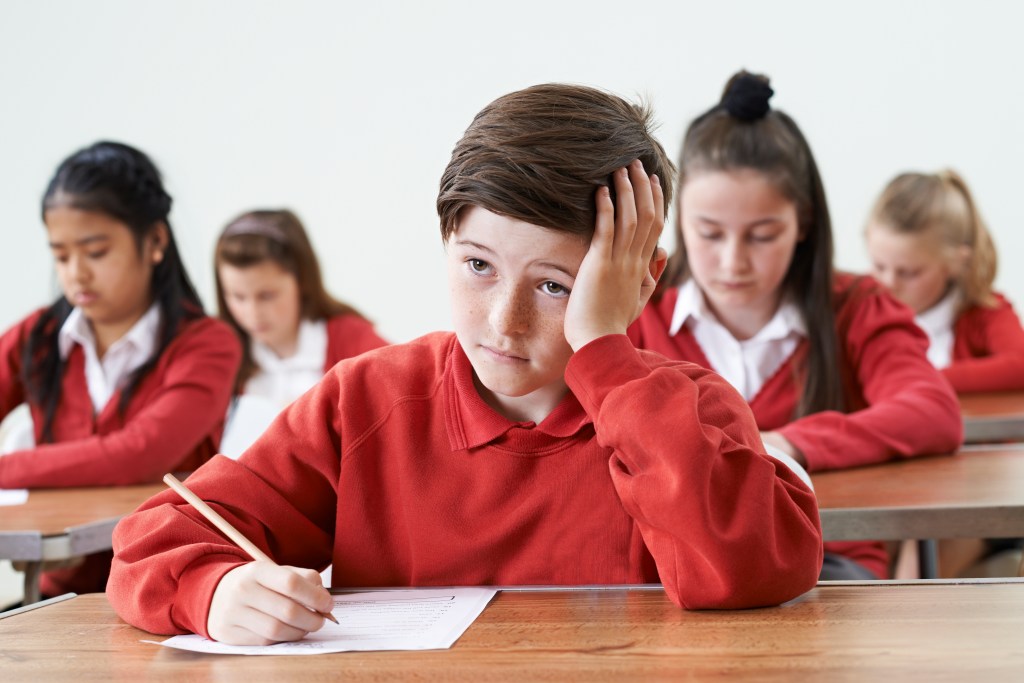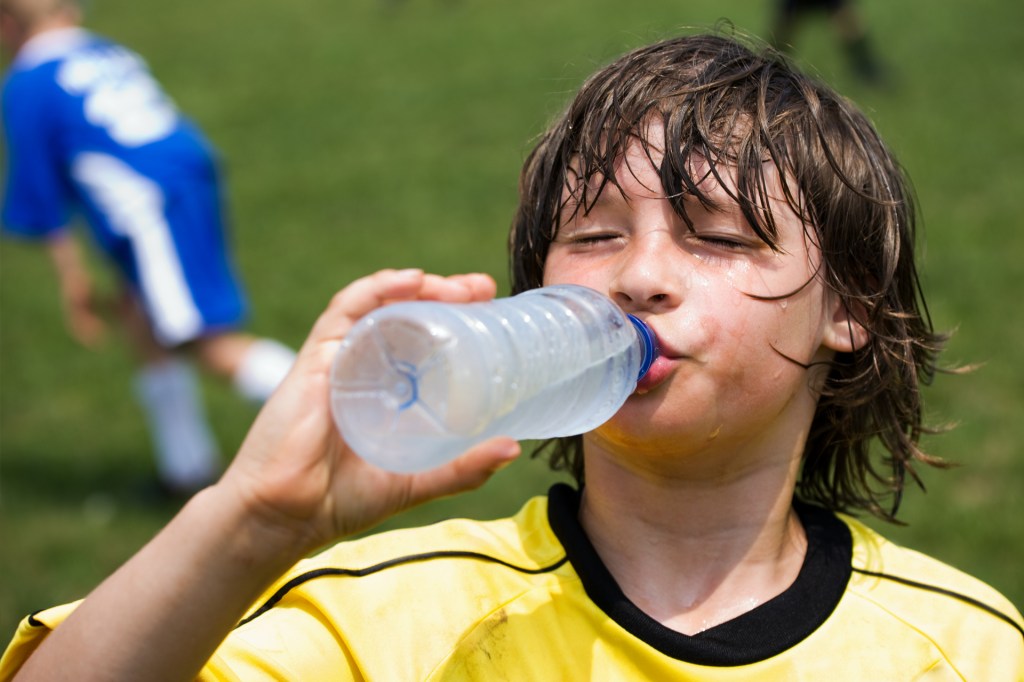
Playing video games can be a fun way to unwind or spend time with friends. In schools, teachers use games like Minecraft to sharpen students’ thinking, encourage teamwork, and spur the imagination.
But for some players, gaming has become an unhealthy habit. Late at night, they are glued to a screen. Schoolwork suffers. The video-game world feels like a friendlier place than the real one.
Mental health experts have taken notice. In June, the World Health Organization (WHO) added gaming disorder to its list of diseases and health conditions. According to WHO, the disorder can be diagnosed if gaming has damaged a person’s relationships with family and friends and if it has affected his or her daily activities. To meet this diagnosis, the behavior and its effects have to be apparent for at least a year.
Not all experts agree with WHO’s decision to call excessive
excessive
 BETSIE VAN DER MEER/GETTY IMAGES
more than what is usual, proper, or healthy
(adjective)
My mom drinks excessive amounts of coffee.
gaming a disorder. They say people hooked on video games may be suffering other mental health problems that should be treated first.
BETSIE VAN DER MEER/GETTY IMAGES
more than what is usual, proper, or healthy
(adjective)
My mom drinks excessive amounts of coffee.
gaming a disorder. They say people hooked on video games may be suffering other mental health problems that should be treated first.
Others think WHO made the right call. Psychiatrist Clifford Sussman specializes in gaming addiction. He says kids often have feelings of anxiety
anxiety
 HIGHWAYSTARZ-PHOTOGRAPHY/GETTY IMAGES
a feeling of uneasiness or worry
(noun)
Spelling tests give me anxiety.
and loneliness. They get angry when a parent pries them from a device. “It becomes a self-destructive activity,” Sussman told TIME for Kids.
HIGHWAYSTARZ-PHOTOGRAPHY/GETTY IMAGES
a feeling of uneasiness or worry
(noun)
Spelling tests give me anxiety.
and loneliness. They get angry when a parent pries them from a device. “It becomes a self-destructive activity,” Sussman told TIME for Kids.
Taking Back Control
What makes video games addictive? They provide instant gratification. Playing activates the reward center of the brain. After a while, the brain becomes desensitized to pleasure. You feel bored without a controller in your hand, so you play even more.
One key to healthy gaming is to track how long you play. Sussman recommends taking at least an hour-long break after every hour of play. That gives the brain time to recover.
Teachers can help too, by keeping an eye on students’ behavior. “Schools may be an excellent place for screening for gaming disorder,” says psychologist Kimberly Young. She would like to see teachers trained to spot signs of addiction.
Young gamers who think they might have a problem should seek help from an adult. Sussman suggests you first answer a simple question: “Are you in control, or is the game in control?”
Stop & Think! How does the author address multiple perspectives in the article? Support your answer with evidence from the text.













